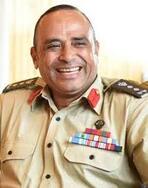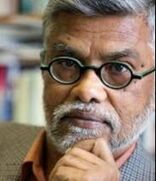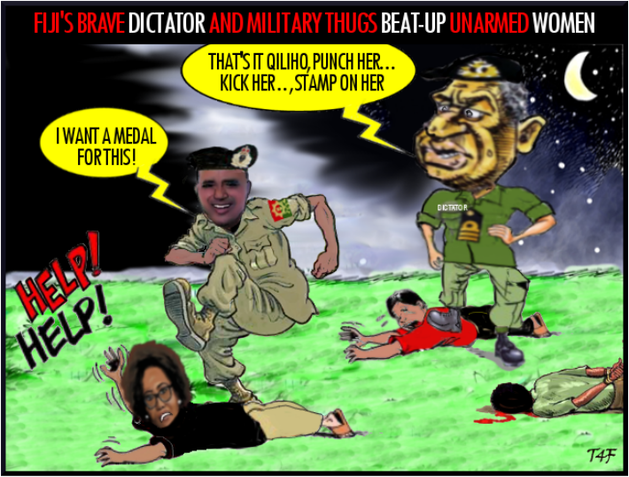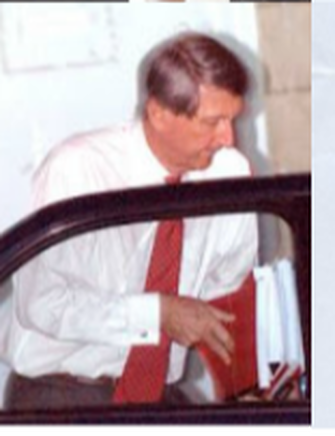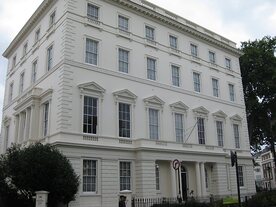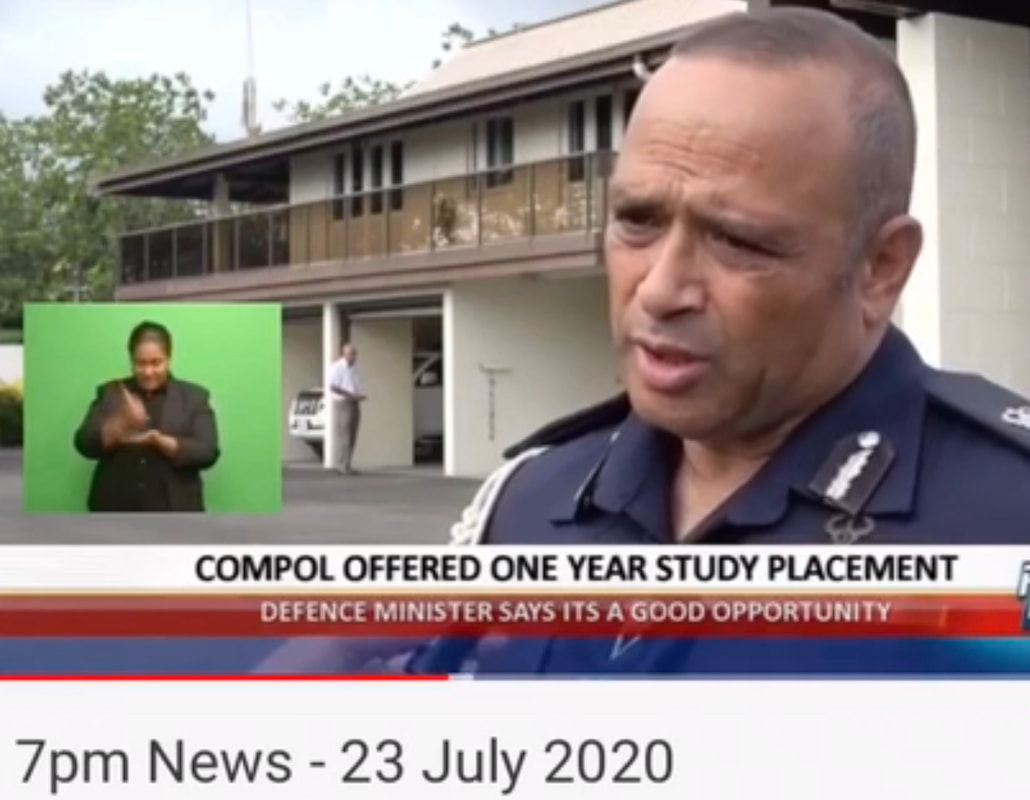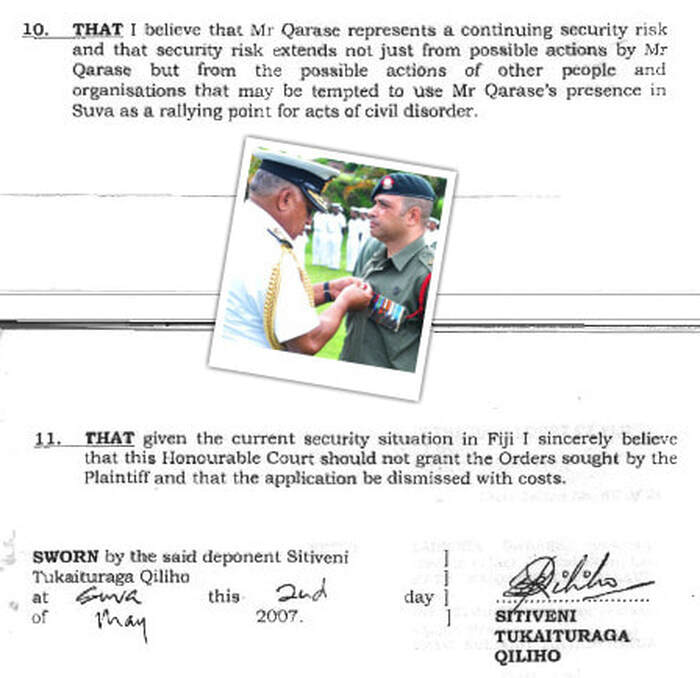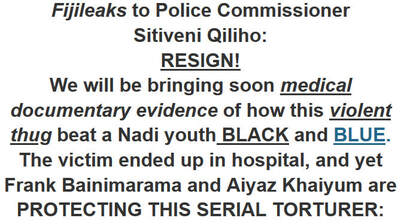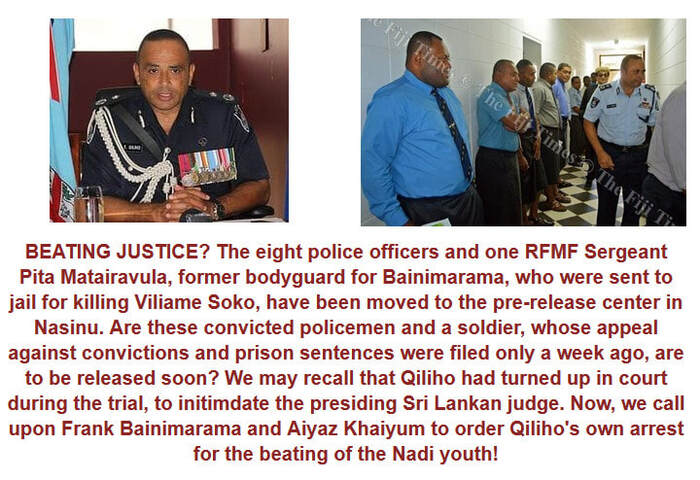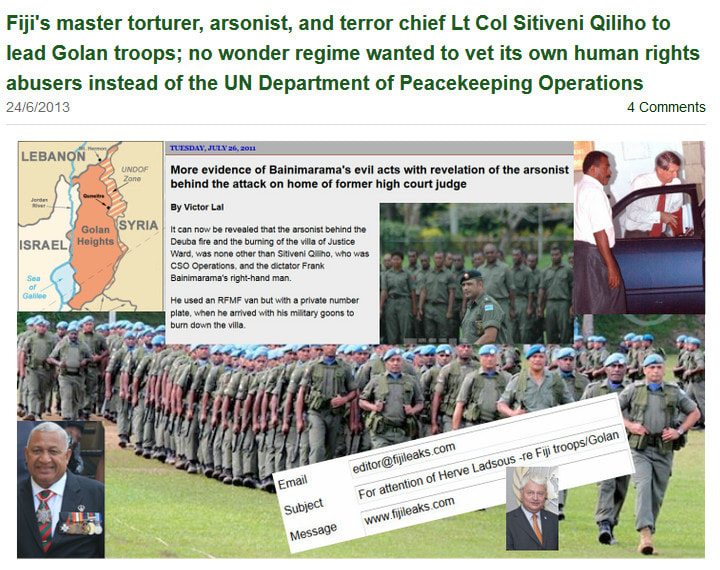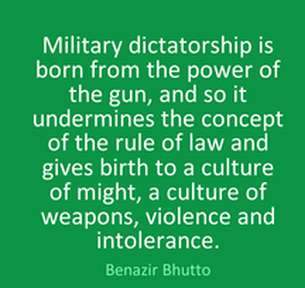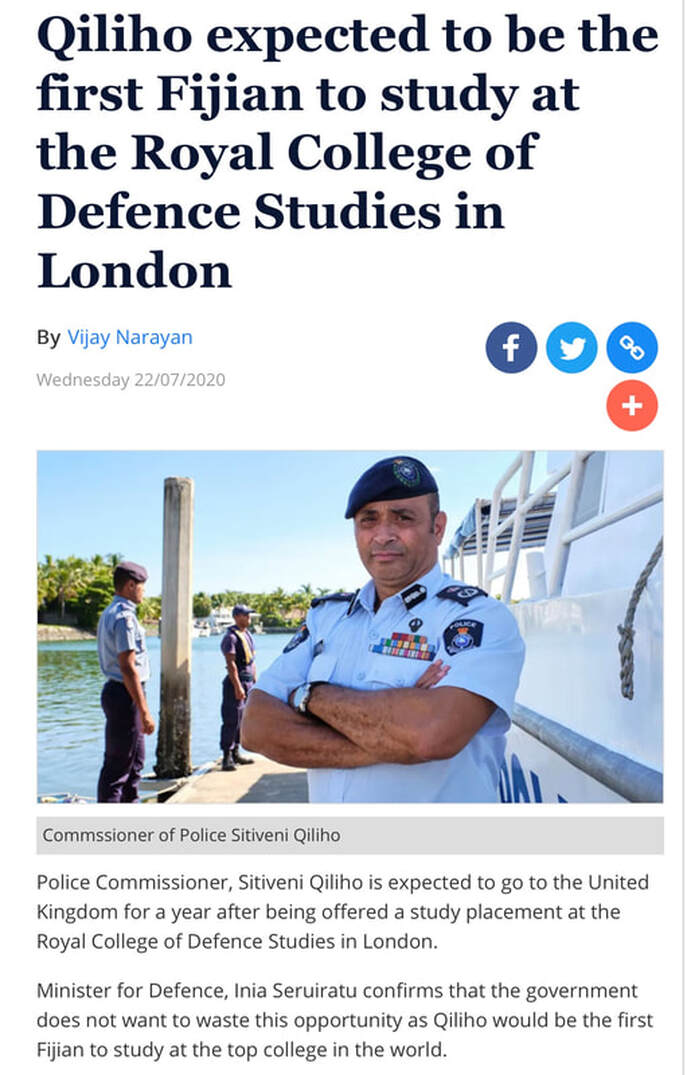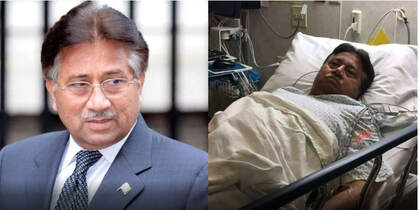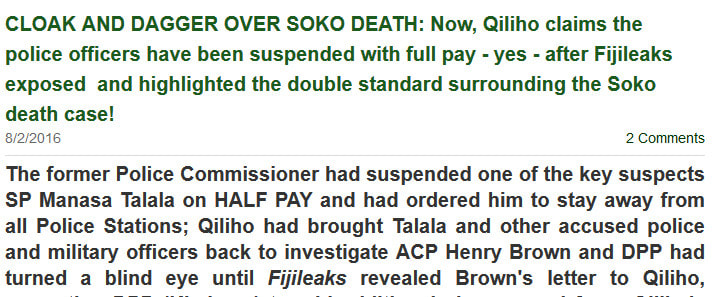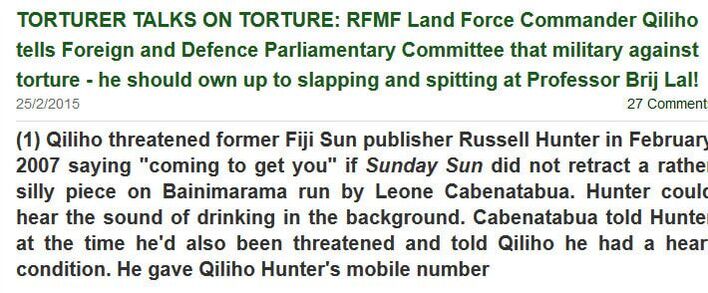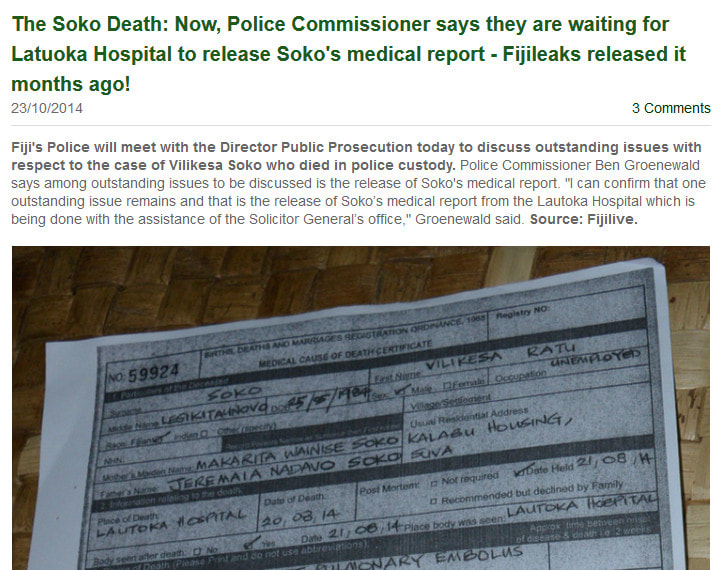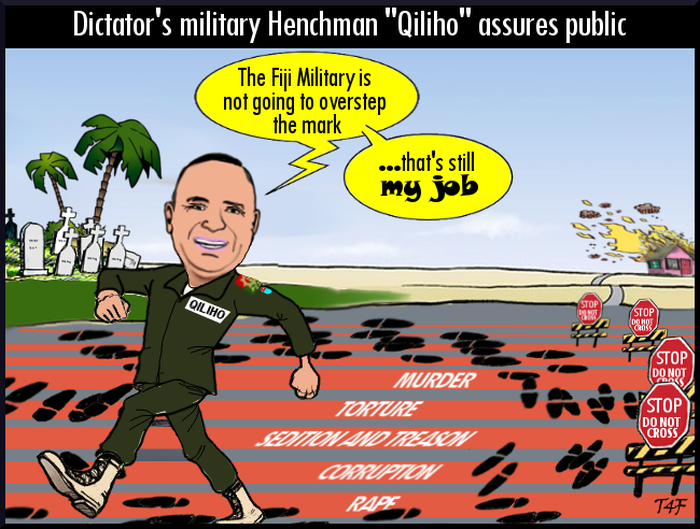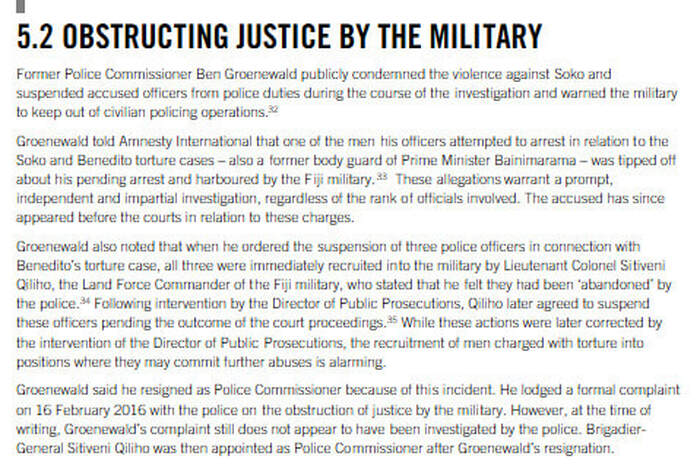| 'He [Qiliho] covered my face with his spitting and slapped me around to the point of breaking my glasses. He told me that if I did not leave by the first flight the next day [to Australia], my family would have to fetch my body from the morgue.' Professor Brij Lal |
* For SLAPPING and SPITTING at Professor Brij Lal after taking him into custody at the Queen Elizabeth Barrack before his deportation to Australia. According to evidence in possession of the former Australian Prime Minister Julie Bishop, the distinguished Canberra based Professor Lal was interrogated by the then Land Force Commander Qiliho at the QEB.
'He covered my face with his spitting and slapped me around to the point of breaking my glasses. He told me that if I did not leave by the first flight the next day [to Australia], my family would have to fetch my body from the morgue.'
As we will see later, Prime Minister Bishop had refused a visa for him to study at the prestigious Australian Defence College in Canberra. Professor Lal was made a Member of the Order of Australia (AM) in the 2015 Queen's Birthday Honours (Australia) "for significant service to education, through the preservation and teaching of Pacific history, as a scholar, author and commentator". Now, Qiliho and FFP government have got him a place at the Royal College of Defence in London, through the assistance of the British High Commission in Suva, and only revealing his departure at the last minute
Did the British High Commission inform the Royal College of Defence in London that this man is widely regarded by those who opposed the December 2006 coup, as one of the RFMF’s most notorious perpetrators of human rights violations?
STRATEGICALLY, he and his FFP government only began boasting about him leaving for England at the last minute but since the announcement, preparations have begun to cart him off before a British court, with the possible help of Amnesty International, to answer charges for gross violation of human rights in Fiji. Remember General Augusto Pinochet, the Chilean dictator and President, who with the help of Amnesty International, was detained in London on 16 October 1988, in a move that changed the idea of international JUSTICE for ever. Sitiveni Tukaituraga Qiliho, a fugitive from the long arm of Fijian justice, has been accused of a raft of crimes in Fiji:
* For beating up and stomping on the bodies of up defenceless Fiji women objecting to the 2006 coup | Justice Gordon Ward (above) studied law and was called to the bar at the Middle Temple and practiced from chambers in London for 12 years. In 1979 he went to the South Pacific, where he first worked in Fiji for six and a half years. He then served as a judge on the Court of Appeal of the Solomon Islands where, from circa 1988 to 1992, he was Chief Justice. He then moved to Tonga to become Chief Justice of Tonga and a judge of the Supreme Court of Tonga. In 1995 he moved to serve as a judge in Cyprus before returning in 1998 to serve a second term as Chief Justice of Tonga, resigning in 2004 in protest at attempts to ban the Times of Tonga newspaper, a paper unsympathetic to the government, a move which he considered to be unconstitutional. On leaving this post he took up a new position as the President of the Appeal Court of Fiji. In 2007, following the December 2006 military coup, Ward and five other judges resigned as judges of the courts of Fiji. He was the Chief Justice of the Turks and Caicos Islands from 2008 to 2012 and was knighted in the 2012 New Year Honours for services to the judiciary in the Turks and Caicos Islands and the Commonwealth. Sitiveni Qiliho is accused of leading a group of soldiers in the night to burn down Jutsice Ward's bure in Deuba, outside the capital Suva, Fiji. |
The Royal College of Defence should ask why AUSTRALIA had rejected the brutal military soldier, torturer, and human rights abuser turned Police Commissioner Sitiveni Qiliho to study at the prestigious Australian Defence College in Canberra
"To prepare senior officers and officials of the United Kingdom and other countries and future leaders from the private and public sectors for high responsibilities in their respective organisations, by developing their analytical powers, knowledge of defence and international security, and strategic vision." |
